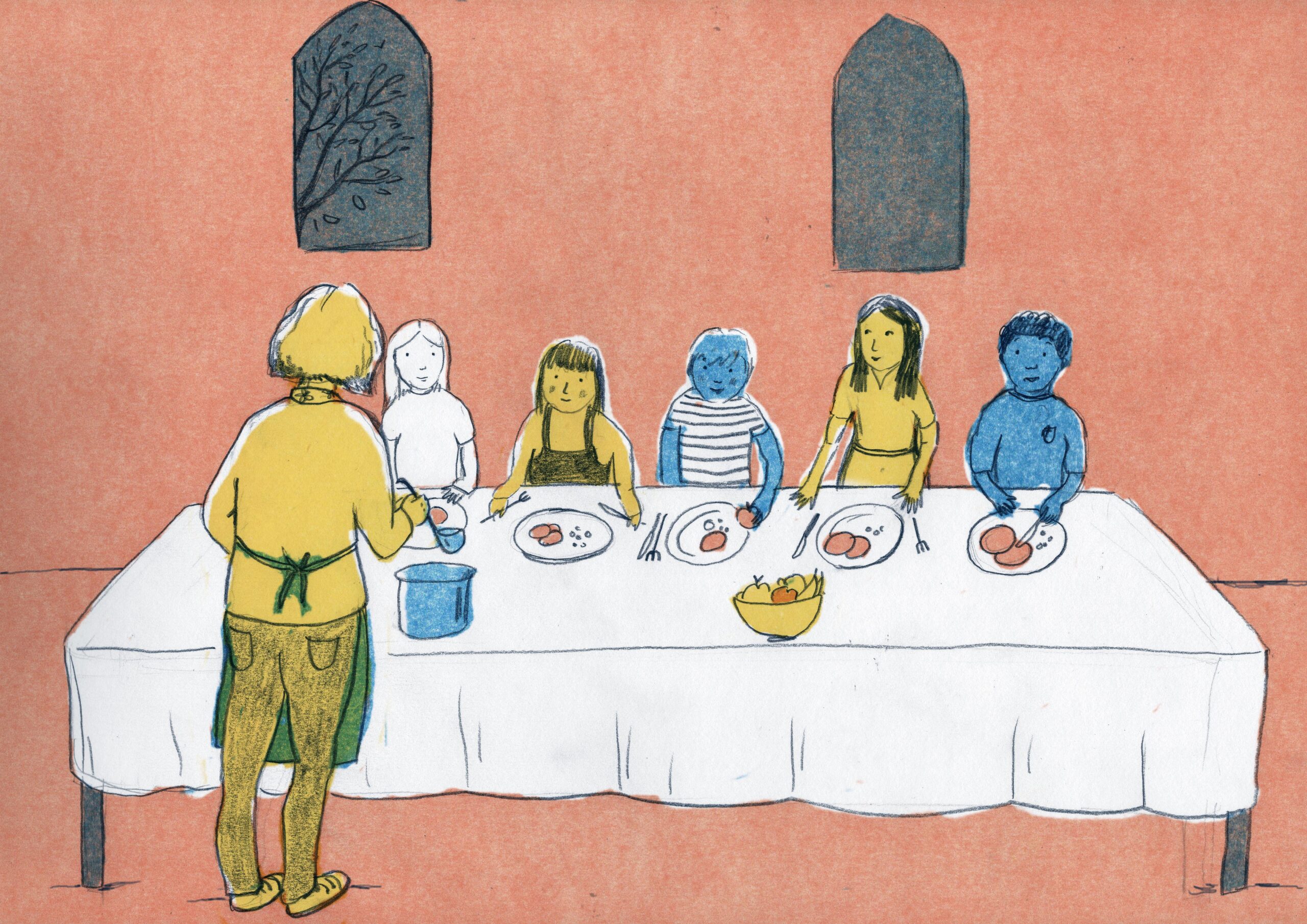Written by Stephanie Denning
“Social franchising has also provided the opportunity for organisations to gather local data on the causes and existence of poverty in the UK and to use this data for national campaigning, including to influence national UK government policymaking.”
A new research project funded by the Royal Geographical Society has analysed the growth of Christian faith-based organisations in the UK over the last two decades. The number of Christian FBOs has grown significantly. For example, the majority of independent and Trussell Trust food banks in the UK are run by Christians (Loopstra et al., 2019). Whilst previous research has shown the significant role that Christian organisations are playing in response to poverty in the UK (for example see Life on the Breadline), little attention has been given to how these organisations have grown. This research therefore looked to respond to that gap in understanding.

The research asked: How have Christian faith-based organisations grown so rapidly since 2000, and what are the implications of this for their future growth and sustainability?
What did the research involve?
Dr Stephanie Denning at Coventry University undertook the research in 2023 with five Christian faith-based or faith-inspired organisations responding to poverty in the UK. For each organisation – Kids Matter, Christians Against Poverty, the Trussell Trust, MakeLunch, and Transforming Lives for Good – senior leaders were interviewed and their websites were analysed.
What is social franchising?
Social franchising is a model that operates like commercial franchising, but in a not-for-profit context for social benefit (Naatu & Alon, 2019). The organisations involved in this research all operate on what is essentially a social franchise model. However, the majority of the organisations did not use the language of franchising externally, and most but not all used this language internally. More commonly they used the language of partnering and/or being part of a network or movement.
What did the research find?
The research concluded that social franchising has been vital to the growth of Christian FBOs responding to poverty in the UK since 2000 because it has provided a means of quality assurance for replication, thereby providing the means for a tailored local response to be replicated nationally.
It’s essentially a programme in a box that we can equip the local church to run.
Chris Blackham, TLG Interview, 2023
In doing so social franchising has also provided the opportunity for organisations to gather local data on the causes and existence of poverty in the UK and to use this data for national campaigning, including to influence national UK government policymaking.
People and place have been key to the operational characteristics of successful faith-based social franchises, in particular: the founders’ visions with their Christian faith and determination for success, the importance of a strong staff team, and the value of church networks and word of mouth for franchise growth.
Implications for voluntary sector leaders and practitioners: The project’s Report for Voluntary Sector Leaders concludes with four implications (see the report for details of the recommendations):
1. Post Covid-19 pandemic, there is a question over partner and volunteer retainment, particularly in facing challenges of the ‘cost of living crisis’ following over a decade of austerity with volunteer burnout.
2. There is an issue around funding for faith-based social franchises and their initiatives. This financial need is an increasing issue in the context of austerity, the Covid-19 pandemic, and the current ‘cost of living crisis’ as charitable donations are falling and budgets are increasingly stretched.
3. There is the question over market saturation for churches and social action initiatives. As one research participant questioned, will churches individually and collectively reach a point in which they are at capacity for the number of social action projects that they can run?
4. This research has shown the efficiency of social franchising for responding to poverty in the UK, and yet also a challenge for organisations and their staff and volunteers in responding to rising levels of poverty.
Find out more: For more detail on the research findings read the project’s Report for Voluntary Sector Leaders. To find out more about Stephanie’s other research projects visit click here or email stephanie.denning@coventry.ac.uk
Image Credit: Beth Waters & Life on the Breadline